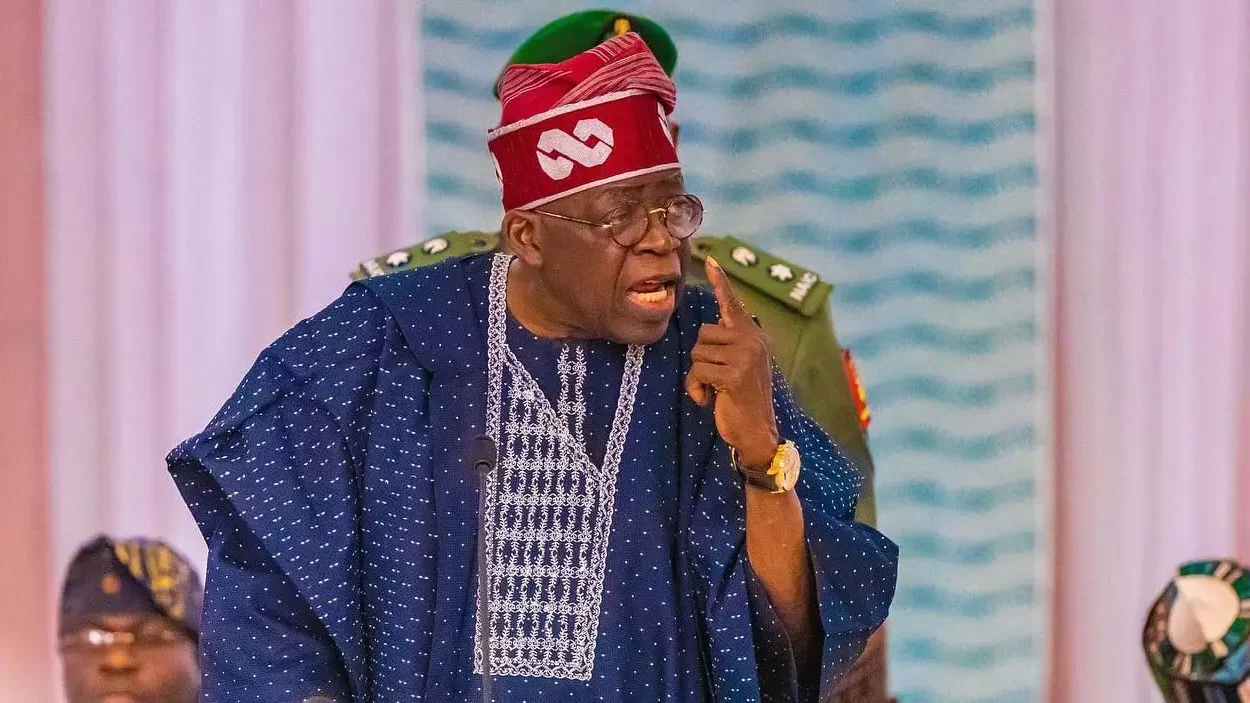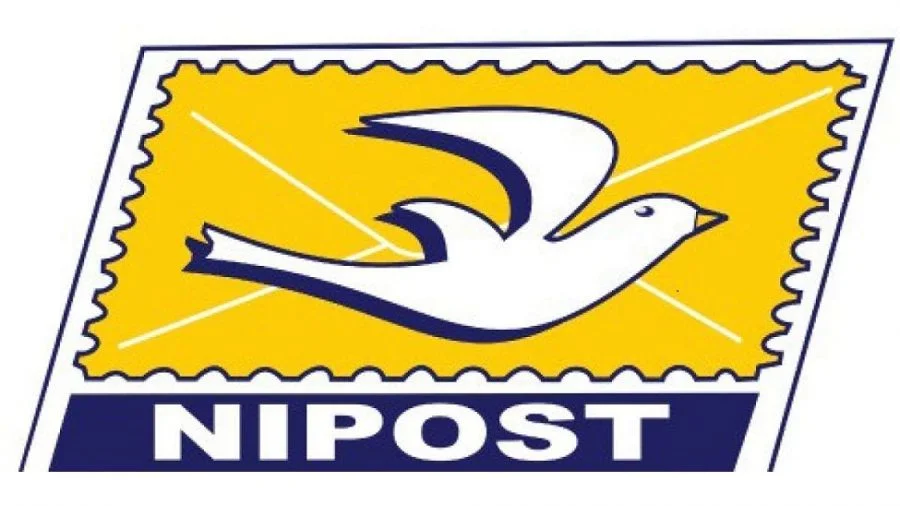The Presidency has confirmed that local government areas across Nigeria will begin receiving direct allocations from the Federal Allocation Account Committee (FAAC) by the end of January 2025. This development marks a critical step toward achieving financial autonomy for Nigeria’s 774 local government councils.
Sunday Dare, Special Adviser to the President on Media and Public Communications, disclosed this during an interview on Arise News. He emphasized President Bola Tinubu’s commitment to enforcing the Supreme Court’s landmark July 2024 ruling, which declared state control over local government funds unconstitutional.
The apex court, in a unanimous decision delivered by Justice Emmanuel Agbim, mandated that local government allocations be paid directly or through states. However, due to inefficiencies, the ruling instructed direct payments as the primary mechanism. The judgment followed a case filed by the Attorney General of the Federation, Lateef Fagbemi (SAN), advocating for financial independence for local councils.
Dare confirmed that implementation delays were necessary to establish robust mechanisms for accountability, but these are now in place. He revealed that the new system would significantly increase allocations for many councils. “A local government chairman told me, ‘I’ll now receive N2.9 billion instead of the N200 million I was getting before,’” Dare said.
He further called for scrutiny of state and local government financial management, highlighting instances of mismanagement. “One state collected N499 billion last year—nearly four times its previous allocation—yet there’s little to show for it,” he noted.
Dare stressed the importance of holding all tiers of government accountable. “The framers of our constitution established three tiers of government for a reason. We must ensure they all deliver on their responsibilities.”
This policy shift represents a pivotal moment for local governance in Nigeria, with expectations of improved service delivery and infrastructure development in grassroots communities.





2 Comments